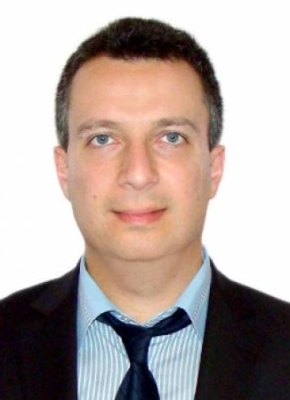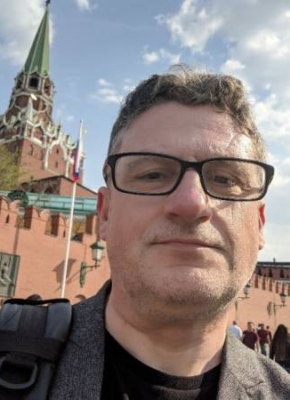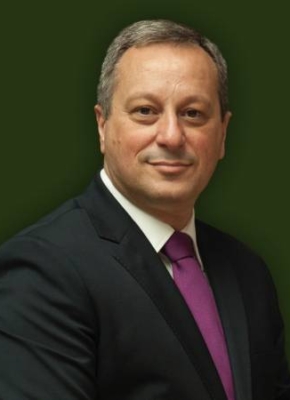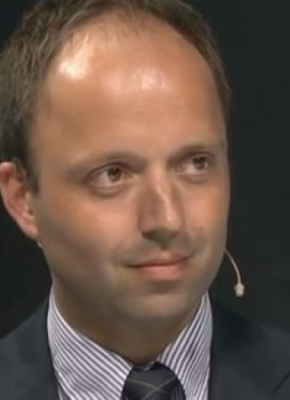June 15, 2020, Tbilisi, Georgia
Turbulent geopolitical developments in Eurasia and current volatile EU-US relations have significantly challenged the Euro-Atlantic security landscape and its primary institution, NATO. These unpredictable processes have far-reaching consequences for the Black Sea region and the South Caucasus, where Georgia represents a key Western ally. With these circumstances in mind, Georgia’s objective to become a full- fledged member of the Western political and military institutions acquires a much higher degree of urgency. It also requires a thorough and plausible justification solidifying Georgia’s geostrategic relevance, military value, and contribution to the regional security. More importantly, the strategic-military nexus begs for a thorough academic investigation and conceptualization.
This conference will address issues surrounding Georgia’s potential NATO-membership, practicalities involved, progress review and NATO’s discernable credibility as a security provider. Conference speakers and participants will examine Russia’s political and military objectives in the South Caucasus and Black Sea region, the risks of crisis and escalations, as well as ways of effective early warning, de-escalation strategies and preventive measures. Additionally, viable options that counter and minimize Moscow’s aggressive military posture throughout this strategically sensitive region will be addressed.
The conference will host three major thematic panels:
- NATO-Georgia: Membership, Military Relevance and Article5
- Russia and the South Caucasus: Military Posture, Escalation Risks and De-escalation Options
- The Military Aspects of the Black Sea Security
As an additional event a pre-selected scenario-based simulation will be conducted with the active participation of students from different Georgian universities. This will allow students to grasp the real policy atmosphere and the gravity of implications caused by strategic decisions. During the simulation training, various scenario development and assessment techniques will be reviewed, alongside the respective impact and stakeholder analysis. This training will also provide students with the excellent opportunity of interaction with conference participants.
The University of Georgia is excited to host this second annual conference in June of 2020 and aims at promoting a high-level academic debate, in which leading European and American experts explore the range of provided topics and contribute to generating respective policy recommendations.





















